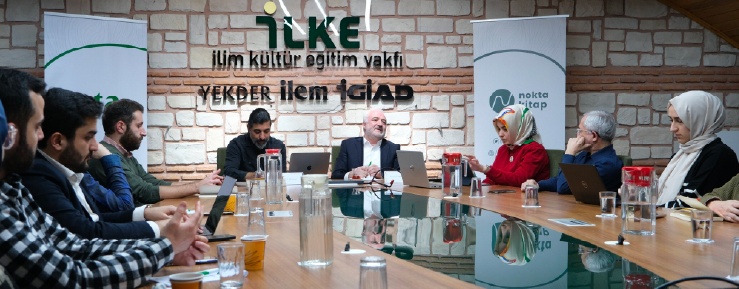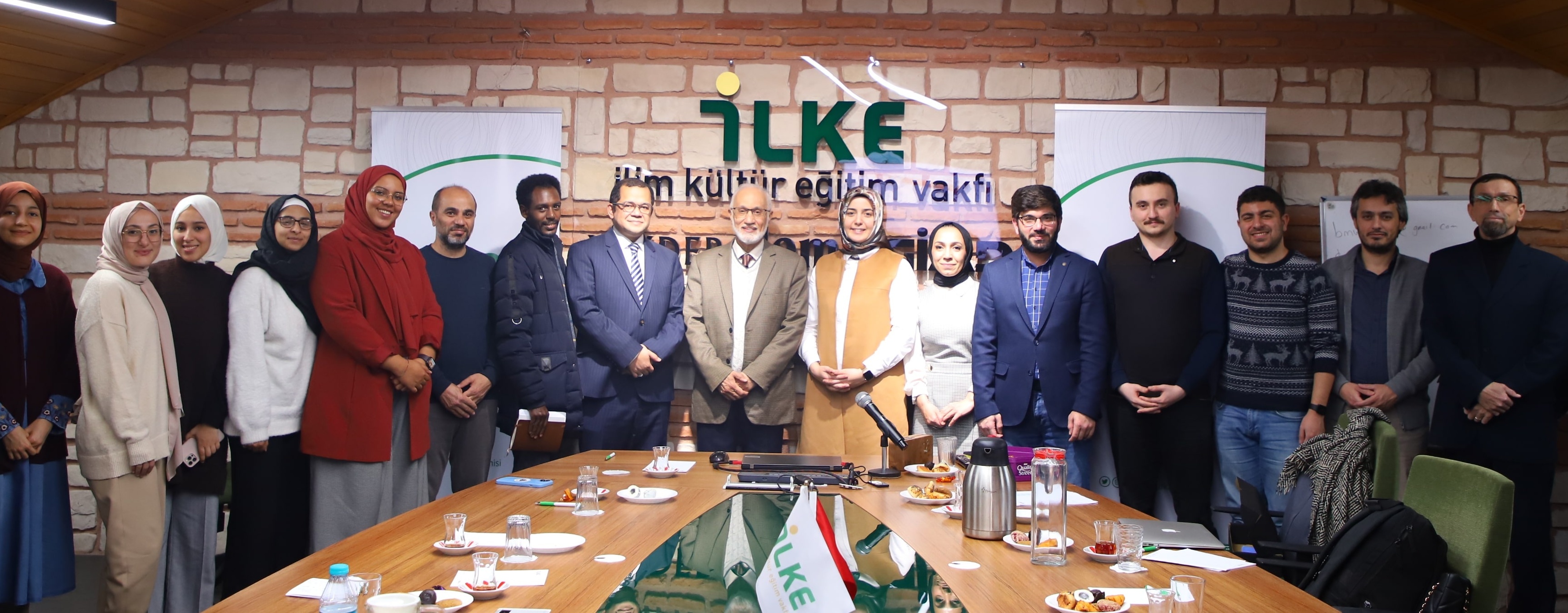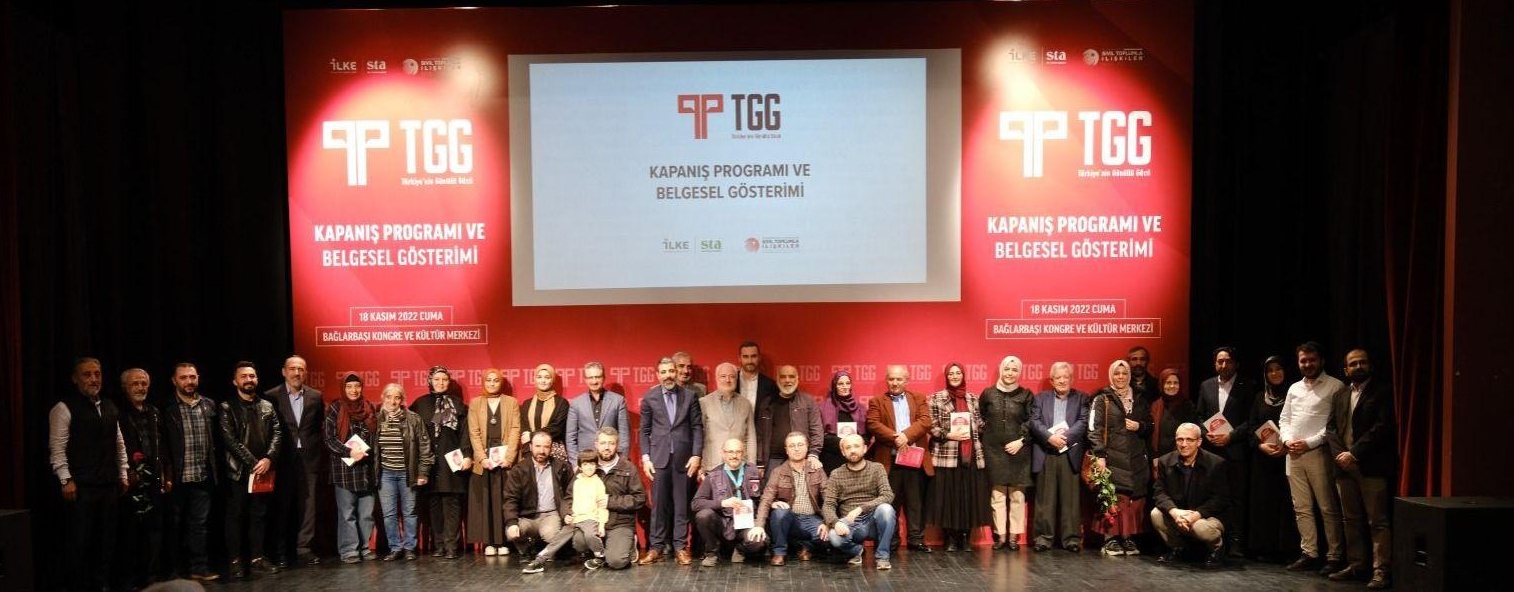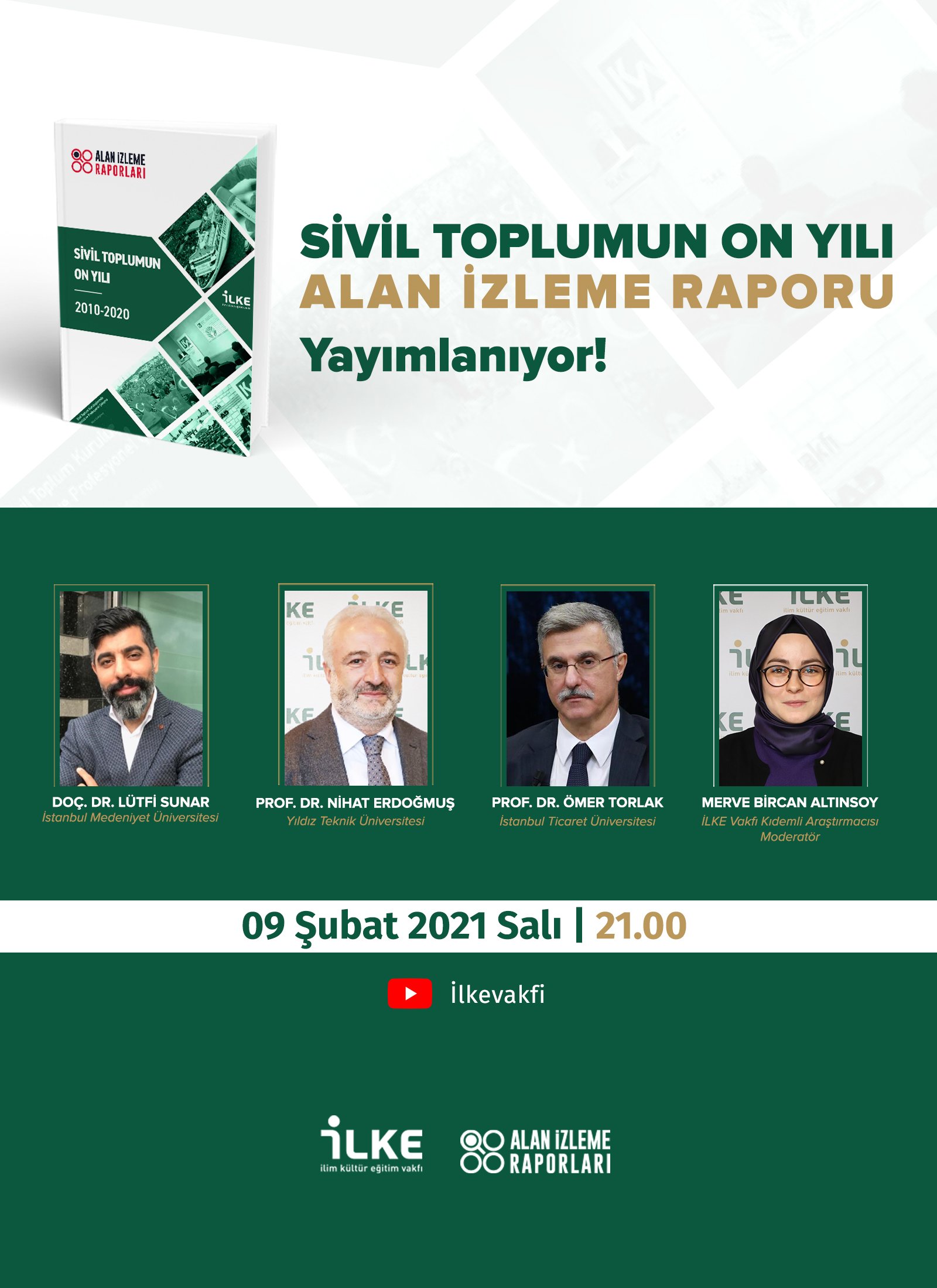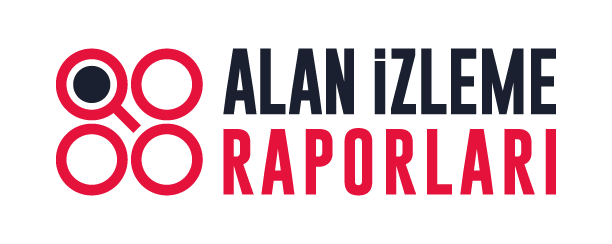
Civil Society Academy (STA)
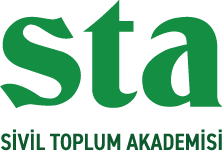
Civil Society Academy (STA)
The Civil Society Academy (STA) was established in order to produce information on the issues, problems and needs of civil society and to present the information it produces to all its stakeholders. Although the field of study is education, research and reporting, STA aims to continue its work on the points of attention of civil society both at the national and international level. STA conducts focused studies on the capacity, production and communication capabilities of NGOs through the projects and research it develops.
The Civil Society Academy continues its work in three main areas for voluntary and non-profit institutions and organizations:
Research and publication studies aimed at creating the idea and field of civil society
Training and activities for the development of NGOs
Activities aimed at supporting volunteerism and volunteers
Within these purposes, the STA aims to improve the institutional development processes of non-governmental organizations and provide perspective, to create civil diplomacy, participation, dialogue and cooperation, to produce academic information on issues related to the field of civil society, to conduct research and reporting through research and reporting studies, and to make the knowledge in the field of civil society visible through publications.
The main activities of the STA are:
The Self-Assessment Model in NGOs
Civil Society Bibliography Project
Research on the Change of Islamic NGOs
Corporate Development Training Program (KGEP)
Corporate Development Application Workshops
Capacity Building Workshops in NGOs
The Agenda of Civil Society in Turkey
Civil Society Summit
Turkey's Volunteer Force Oral History Project
Content Could Not Be Found
Related Contents
Sivil Tolumun On Yılı 2010-2020 | Rapor Sunumu
İLKE İlim Kültür Eğitim Vakfı (İLKE Vakfı), kurulduğu günden bu yana toplumu tanıma, anlama, toplumun ihtiyaçlarından haberdar olarak iş üretme ve problemlerin çözümüne ilişkin yaptığı çalışmalara “Sivil Toplumun On Yılı Alan İzleme Raporu (2010-2020)” ile bir yenisini daha ekliyor.Raporda Türkiye sivil toplumunun on yıl öncesinden günümüze kadar geniş bir analizi yapılıyor. Türkiye’deki sivil toplumun son on yılda devletle ilişkisinin nasıl seyrettiğine ilişkin ve 15 Temmuz öncesi ve sonrası geçirilen değişikliklere de değiniliyor.2020 yılına damgasını vuran Covid-19 salgınının sivil toplum kuruluşlarına etkisi ve pandemi döneminde gösterdikleri performansın da incelemesi yapılıyor. Ayrıca farklı alanlarda faaliyet gösteren sivil toplum kuruluşlarının son on yılına ilişkin inceleme yazıları da mevcut.Türkiye sivil toplumunun kronikleşen sorunları ve son dönemdeki gelişmelerden kaynaklanan bazı dönüşümlere temas edilen “Sivil Toplumun On Yılı Alan İzleme Raporu (2010-2020)” ile mevcut sorunlara kurumsal ve yapısal vizyon önerileri de sunuluyor.İLKE Vakfı Kıdemli Araştırmacısı Merve Bircan Altınsoy'un moderatörlüğünde İLKE Vakfı Mütevelli Heyet Başkanı Nihat Erdoğmuş, İLKE Vakfı Yönetim Kurulu Başkanı Lütfi Sunar, İstanbul Ticaret Üniversitesi Öğretim Üyesi Prof. Dr. Ömer Torlak'ın katılımıyla Sivil Toplumun On Yılı Alan İzleme Raporu (2010-2020), 9 Şubat 2021 Salı günü İLKE Vakfı Youtube kanalı üzerinden gerçekleşecek yayınla kamuoyuna duyurulacak.
- Report Presentation
- 21:00
The 12th Islamic Economics Summit was a resounding success, uniting the academy and industry in a groundbreaking collaboration!
The 12th Islamic Economics and Finance Summit, formerly known as the Islamic Economics Workshop and organized by the Islamic Economics Research Centre (IKAM), affiliated with the İLKE Foundation, was held in a new format this year on 16 October 2024 at Marmara University in Istanbul. In his opening speech, Dr. Melih Turan, Director of the Islamic Economics Research Centre, asserted that Islamic economics and Islamic finance studies have immense potential and must be further developed and sustained. Mr Ahmet Sait Öner, Chairman of the Board of Directors of İLKE Foundation, made a strong case for the importance of Islamic economics and finance studies as an alternative model to the current financial system. Fatma Çınar, Deputy Secretary General of the Participation Banks Association of Turkey, stated: 'In the 21st century, global challenges have made fair and sustainable financial systems a necessity.' Islamic economics and finance are vital for establishing a fair and sustainable order and for achieving sustainable development. Prof. Dr. Mehmet Babacan, Member of the Supervisory Board of the Central Bank of the Republic of Turkey, confidently evaluated the developments in the participation finance sector and stated, "We have made significant strides in participation banking over the past six years, but there is still a long way to go.Institutionalisation is critical for success in this field." Prof. Dr. Göksel Aşan, President of the Presidential Finance Office, stated that the current system is unsustainable and that it will be replaced by a new system. Following the opening speeches, the panels were held in two different halls in parallel sessions. In-depth discussions were held on the issues addressed by the academia and the sector from different perspectives. The 10 panels, which addressed a range of topics, included discussions on the contribution of Islamic economics to crisis solutions, the transformation of global finance, innovative approaches in participation finance, digitalisation and the transformative impact of Islamic fintechs. The panels were attended by distinguished speakers from both academia and the industry, who shared information, strategies and practical experiences that will help realise the potential in the field of Islamic economics.At the summit, awards were presented to recognise excellence in the field of Islamic economics. The Islamic Economics Thesis Award was presented to Dr Yunus Emre Aydınbaş, the Islamic Economics Application Award was awarded to Türkiye Emlak Katılım Bankası for its Portfolio Custody Service, the Islamic Economics Research Award was presented to Dr Sami Al Daghistani, and the Islamic Economics Contribution Award was presented to Prof. Dr Masudul Alam Choudhury. The participation finance sector was the focus of several panels at the summit, which examined it from different perspectives. Dr. Tarık Akın, Head of the Participation Finance Department at the Presidential Finance Office, highlighted the interconnectivity of Islamic finance with global trends such as the emergence of the middle class, urbanisation and climate change. He further emphasised that these trends are shaping the global economic landscape. Ökkeş Emin Balçiçek, CEO of Architecht, highlighted the crucial role of technology in the fintech sector, emphasising the importance of aligning digital solutions with Islamic principles. Umar A. Oseni, Secretary General of the Arbitration Centre of the Organisation of Islamic Cooperation, stated that Islamic finance should be considered as a fair, sustainable and balanced system at both individual and societal levels. Prof. Dr. Obiyathulla Ismath Bacha from INCEIF University emphasised that most of the financial transactions are made through banking, which makes the system fragile and problems in one bank can threaten the whole system.
- News
- 16-10-2024






